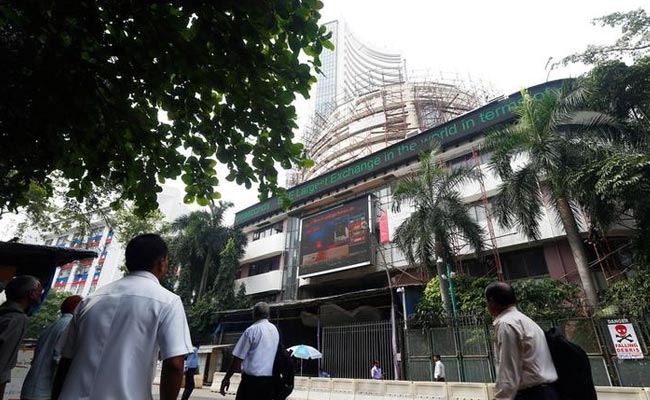As of now, BSE charges transaction charges between Re 0.50 and Rs 1.50 per trade depending on the number of transactions traded on a monthly basis.
For the monthly volume of upto one lakh transactions, BSE charges fee at the rate of Rs 1.50 per trade. The fee declines as the number of transactions rises. The Mumbai based stock market levies a fee at the rate of Rs 1.25 for the transactions that are 1,00,001 to 3,00,000 in number per month.
The transaction fee slides further to Re 1 per trade for the transactions, which are above 3,00,000 but fewer than 5,00,000 in number for the respective month.
Similarly, the transaction fee declines further to Re 0.75 per trade for the volumes that range between 5,00,001 to 20,00,000 per month. The fee levied drops to a meager Re 0.50 per transaction for monthly trades that are over 20 lakh in number.
The BSE has classified equity scrips into categories, such as Group A, B, T, and others, to give guidance to investors.
Group A is the most followed equity segment comprising nearly 300 scrips, whereas Group B consists of over 3,000 stocks.
In the coming week, market indices are expected to take directions from domestic macro-economic data points slated to be released from March 12 onwards, IANS reports. Besides the data, developments on the global trade front, along with the direction of foreign funds, will also decide the course of key Indian equity indices, said market observers.
"Market participants will keep a close eye on domestic macro-economic data releases. The government will announce inflation data based on consumer price index (CPI) for February and industrial production data (Index of Industrial Production, IIP) for January on March 12," D.K. Aggarwal, Chairman and Managing Director of SMC Investments and Advisors, told IANS.





